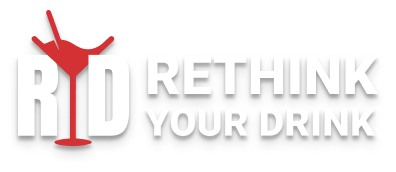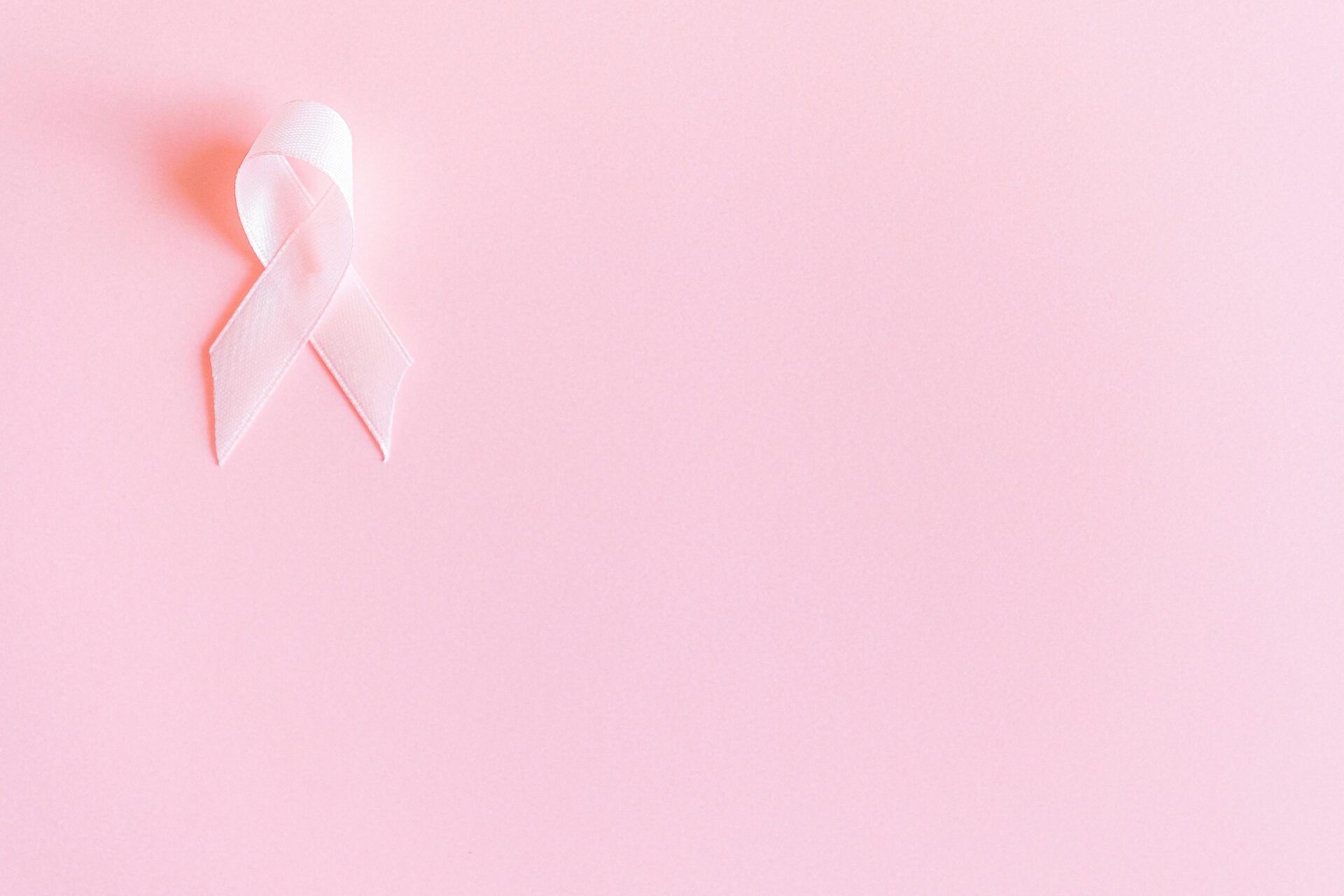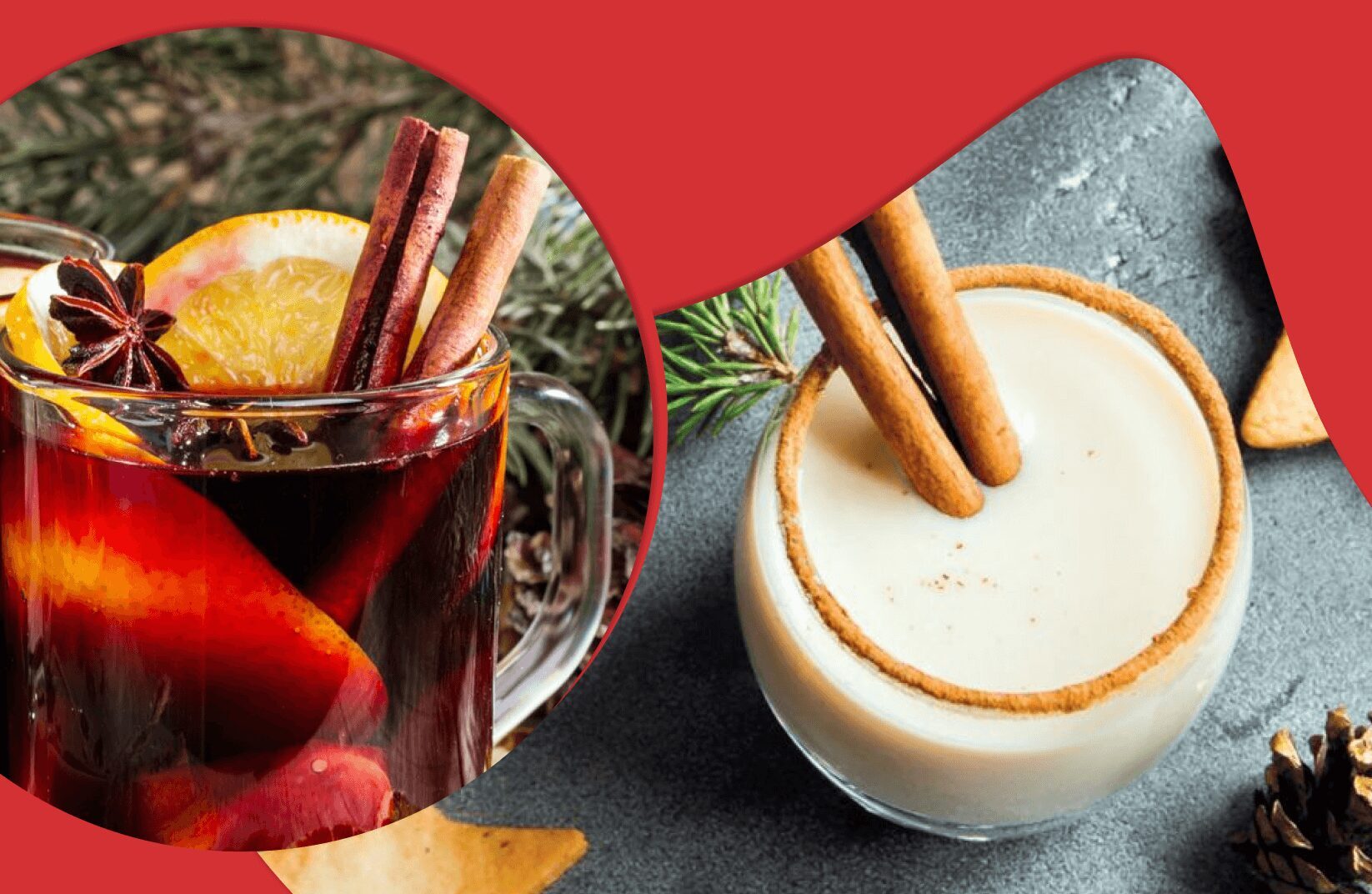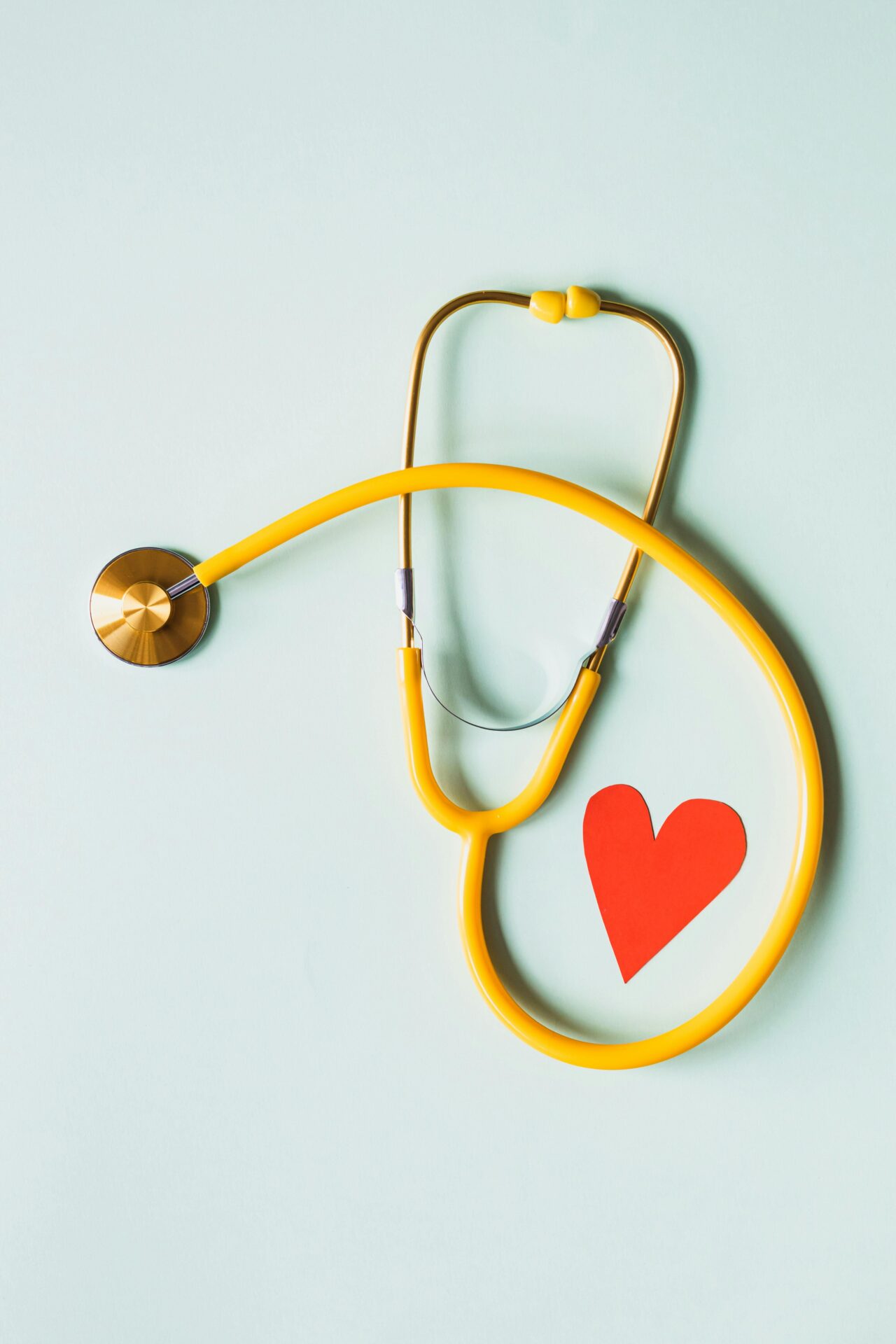Breast cancer is the most commonly diagnosed cancer in the world and the most common cancer in women. Not everyone who drinks alcohol gets breast cancer, but the risk starts to increase with low levels of drinking. Understand the link between alcohol and breast cancer, recognise the symptoms and reduce your risk. This article explains what symptoms to look out for, why alcohol and other factors contribute to breast cancer, and what you can do to reduce your risk.
Symptoms of breast cancer
change in size, shape or feeling in the breast
a new lump or thickening in the breast or armpit
a change in the skin, such as swelling, dimpling, rash or redness of the skin
leakage of fluid from the nipple when the woman is not pregnant or breastfeeding
changes in the position of the nipple
breast pain
Most often, these symptoms are caused by other diseases and do not necessarily mean breast cancer.
Understanding the risks of breast cancer caused by alcohol
Drinking alcohol doesn’t automatically mean you’ll get breast cancer – and abstinence from alcohol can’t guarantee you won’t get it. However, there is evidence to show that the risk of developing alcohol-related cancers increases significantly if you drink more than one alcoholic drink a day on average. This is equivalent to about one small (125 ml) glass of wine.
For breast cancer in particular, there is no safe level of drinking – the risk of breast cancer in women who drink alcohol is higher than in those who do not. But alcohol doesn’t just contribute to breast cancer – it’s linked to at least six other cancers in women and men. Other factors we can’t control are age or family history. Alcohol is, however – along with smoking and body weight – one of the causes we can influence.
Ways in which alcohol increases the risk of breast cancer
The body breaks down alcohol into a substance called acetaldehyde, which can cause changes in our DNA. This can trigger a reaction in the body that leads to the formation of cancer cells.
Alcohol increases levels of the female hormone estrogen – high levels of estrogen can cause cells to continually over-proliferate and become cancerous.
How can I reduce my risk?
Cancer Research UK estimates that nearly a quarter (23%) of breast cancers are preventable. A healthy lifestyle, abstinence, maintaining a healthy weight and getting enough exercise, can help reduce your risk of breast cancer.




